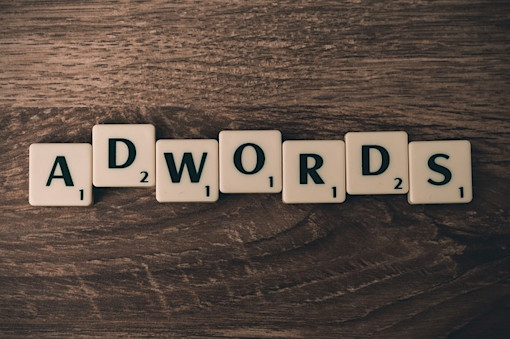8 ways to reduce your CPC
Particularly useful for quickly promoting your business and attracting maximum traffic to the site where you promote it, paid referencing and the often accompanying pay-per-click model can prove costly.
Nevertheless, there are a few tricks that can help you limit the cost per click of your referencing campaign. But what are they?
Some tips to lower your CPC
1) Improve your quality score
Before elaborating on this point, let's define what a quality score is. Briefly, the quality score is a rating out of 10 that Google gives to the keywords selected for your ads. What is this rating based on?
This rating depends on the degree of consistency between the selected keywords, the ads that contain these keywords, and the page where the ad is found (the landing page). The targeted keywords must therefore have a direct link with the content they refer to in order for Google to grant you a good quality score.
Continuing on this point, it is important to know that the higher your quality score, the lower the price you will pay per click. Consequently, you would do well to weigh your words if you want your wallet to weigh a bit heavier.
2) Geographically locate the target of the keywords
Geolocating your keywords is highly effective in reducing the cost per click. The reason is quite simple: since you pay per click, you would naturally want the person who clicks on your ad to actually find an offer that precisely matches their search. Otherwise, this action will not lead to any further initiative on the part of the main interested party, and your return on investment will be zero.
Suppose you are looking to appeal to people interested in doing business with a paid referencing service provider in Montreal. If you have omitted to include the city in your query, there is a high chance that someone outside this geographic area will click on your ad. By the time they realize it does not match their query, they will leave empty-handed.
3) Segment your ad groups
Anyone who has ever run a paid referencing campaign operating on a pay-per-click basis knows that the selected keywords are associated with ad groups and not individual ads.
As a result, it makes much more sense to create ad groups for each category of services. If you decide to put all the keywords into a single ad group, then the degree of relevance between those keywords and that group will be weaker, consequently lowering your quality score.
As highlighted in the first point, your quality score on Google will suffer, and the rate you pay per click will be higher.
Would you like to improve the CPC of your web marketing campaigns?
Contact us to be connected with certified providers!
4) Optimize your landing page
As the landing page is the page where users arrive after clicking on the ad, this page must be directly linked to the ad. Once again, relevance is key. If you take care to optimize your landing page, the keywords it contains will be directly linked to your ad. Their strong correlation will thus lower the cost per click, lightening the expenses of your paid referencing.
If you are uncertain about what should be changed or improved on your landing page to make it at its best, putting yourself in the shoes of the internet user who arrives there is always a good idea. If you were in their place, what would you want to see on that same page?
You don't have a landing page? Remember that a homepage is far too general to contain keywords directly related to your ad. The best advice would therefore be to roll up your sleeves and create that famous landing page. Your wallet will thank you! Want to learn more about its optimization? Read our article Creating an effective and efficient landing page.
5) Test to find the best formulation
As increasing the number of clicks on your advertisement will lower the cost per click, you must find the
best formulation to arouse great interest from internet users. To find the winning formula, it is necessary to test several variants for each ad group.
The variations should equally touch on the hook, the trigger, or the argument put forward in the ad. Also, it might be interesting to vary the positioning of the keywords in the ad to see where their impact is strongest.
6) Manually lower your CPC
Although agreeing to manually lower your CPC will cause you to lose some positions in the ranking of ads, it will also allow you to pay less. You must still be prepared to see your click-through rate decline to some extent.
7) Target less competitive keywords
By targeting keywords where competition is lower, you avoid engaging in a bidding war with your competitors, which will obviously raise prices. Similarly, keywords from the long tail (containing several keywords) generally have a lower rate of competition, which represents another option to explore.
8) Choose keywords in "exact phrase"
Keywords in "exact phrase" have a higher degree of accuracy than those in broad match and are much cheaper than those in broad match. Thus, the best option available to you would be to choose a larger number of exact phrases rather than choosing the broad match, which is the default option.



